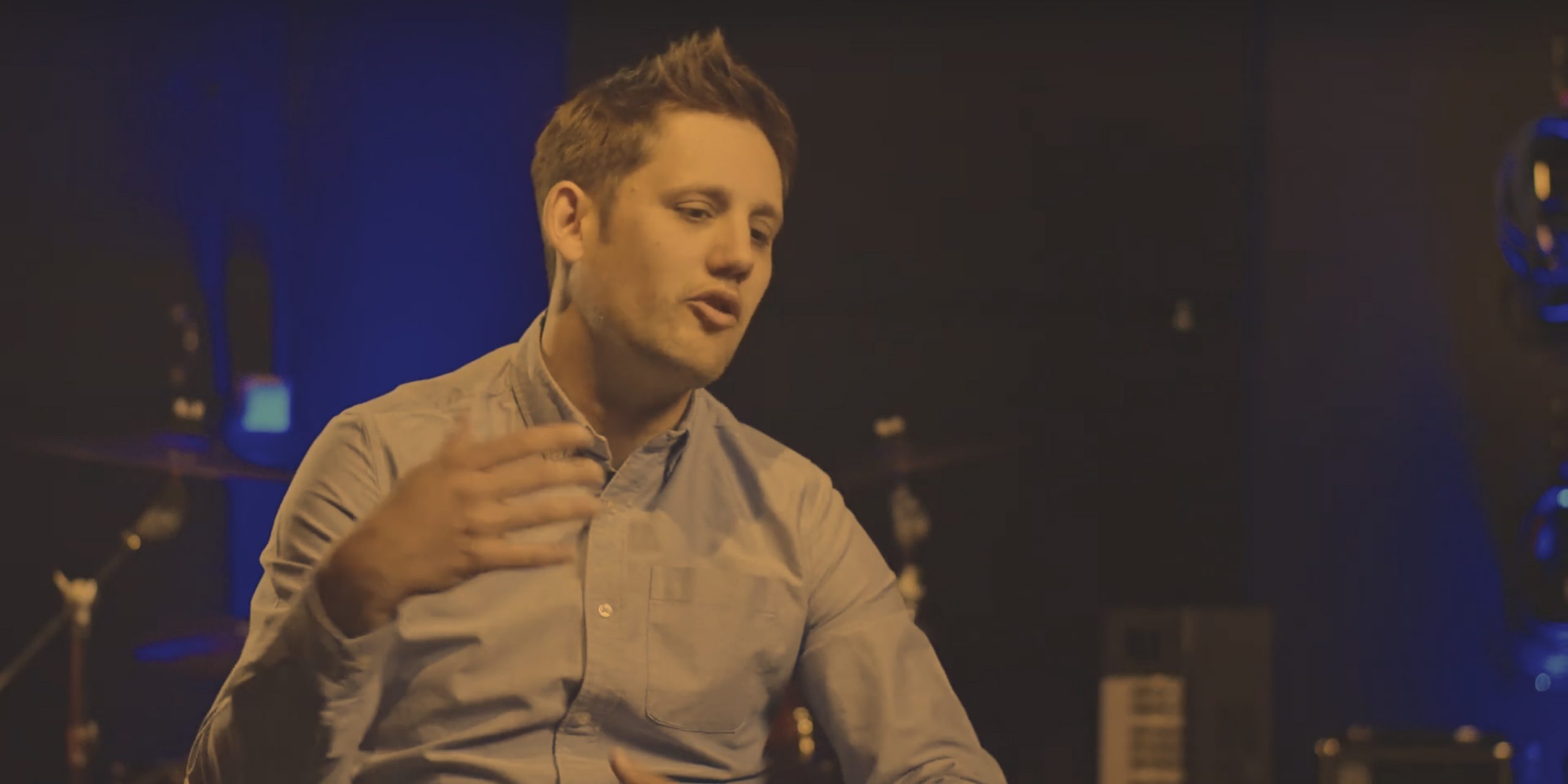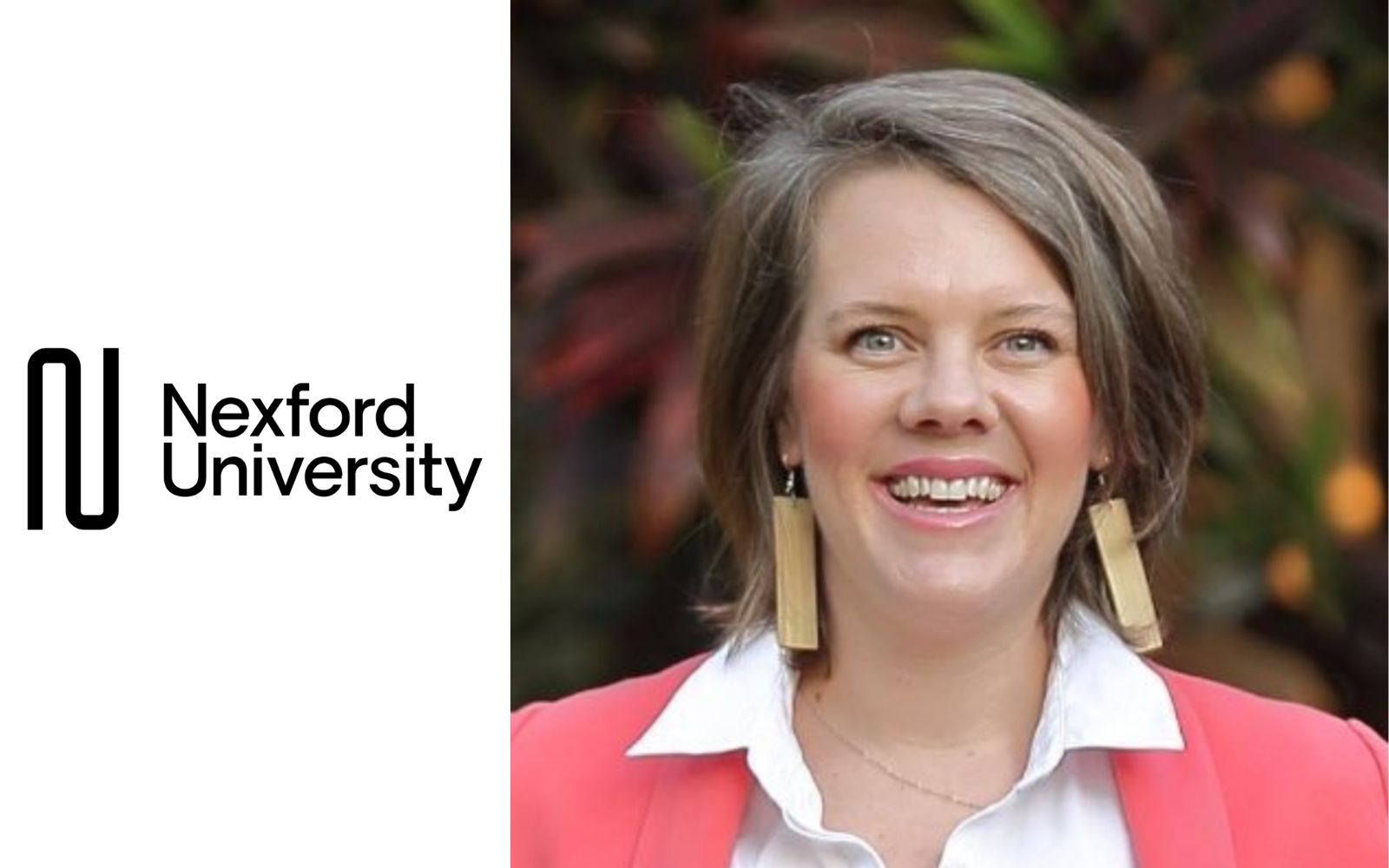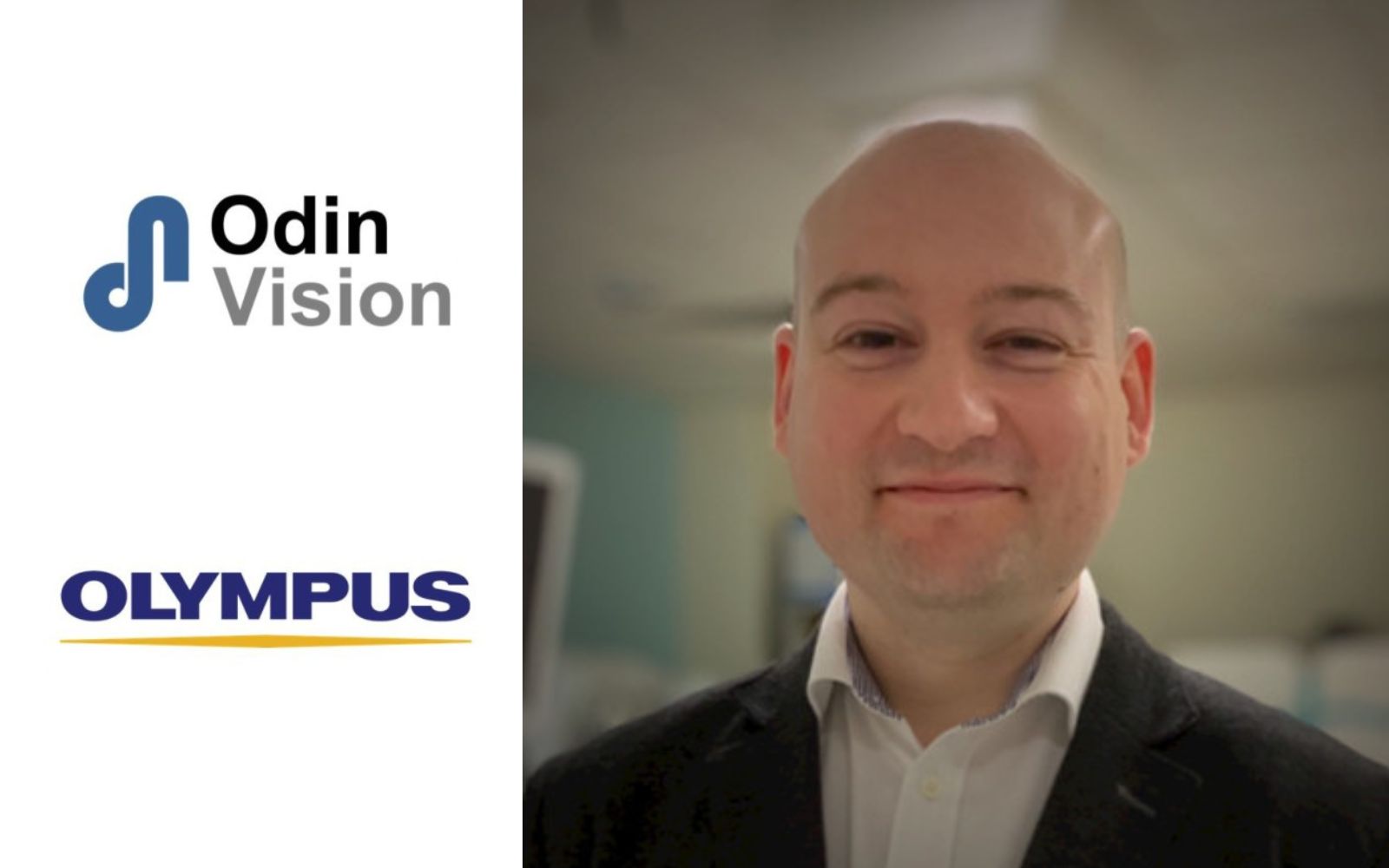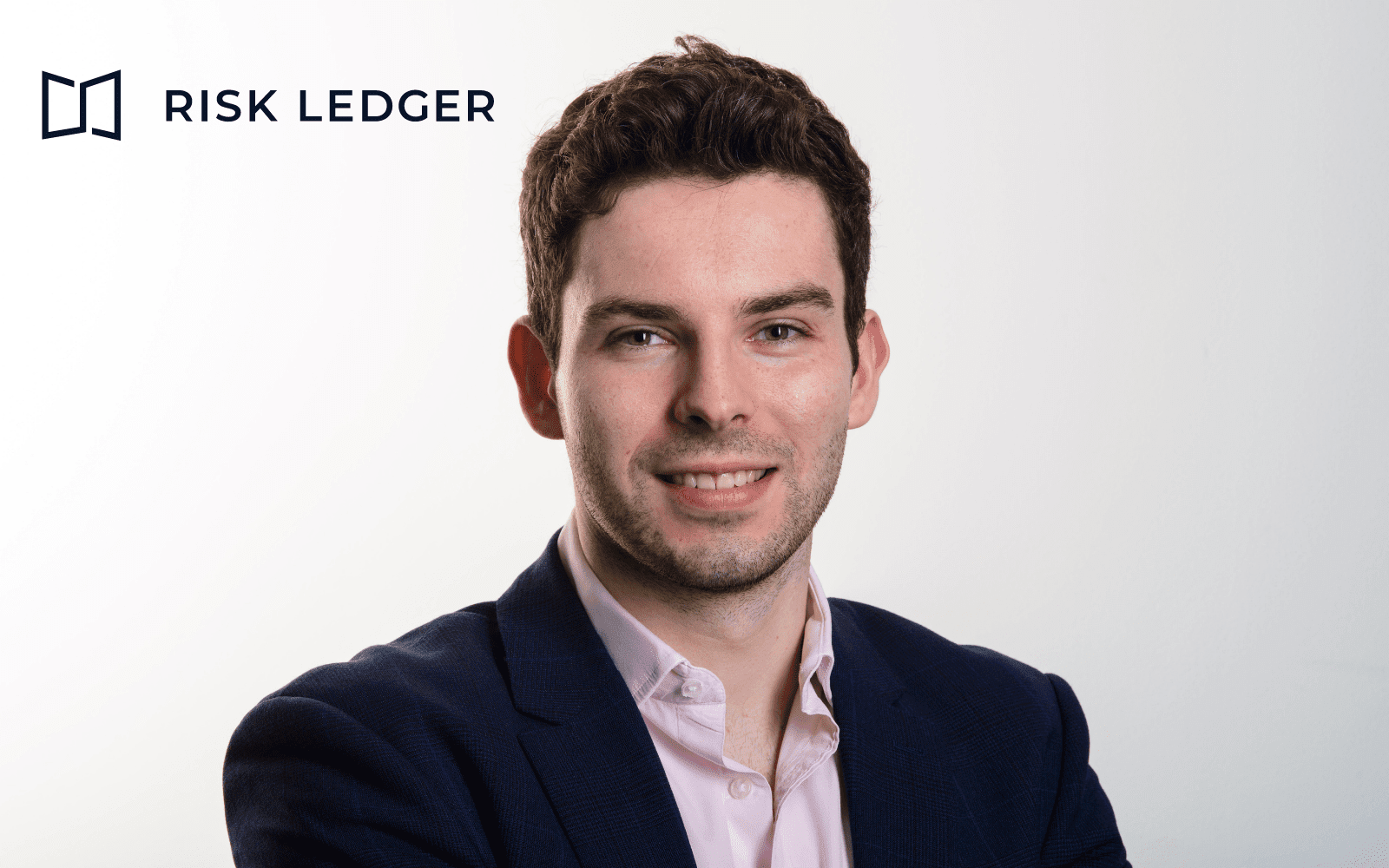Phil Barry – Founder & CEO of Blokur

Blokur is an online music rights platform that leverages blockchain technology to provide a definitive record of music rights. Phil Barry started the company in 2016 after a decade on the creative side of the music industry.
Their mission to harness the potential of the internet for the benefit of music creators in two ways. Firstly, to ensure data accuracy thanks to Blokur’s reinvented concept of a music rights database based on graph matching. Secondly to provide transparency for everyone involved through the use of conflict management and tracking technology.
Keeping track of the latest copyright information is one of the biggest headaches in publishing. As a publisher, when you take on a catalogue you want to know that you are the one who is going to get paid when the songs are exploited. But it can take a long time for all the different parts of the system to catch up to speed.
Phil Barry
Without Blokur, data conflicts happen only when one of the parties involved doesn’t receive their royalties. To overcome this their platform provides real-time updates on the status and conflict of every work.
Becoming a Founder happened to you because…
I grew up dreaming of becoming a rock star. I worked for the first 8 years of my career as a recording artist.
I woke up every day and wrote as many songs as I could, hoping to be noticed and get the money to record my album.
One day, finally, someone called me and told me they wanted to use one of my songs in a TV show. I had no idea that it would take me years to get paid.
I quickly realised that this wasn’t just me, but an industry-wide issue: royalties take a long time to reach the stakeholders and the administration involved is quite expensive.
That’s when I decided to take on that challenge. I’ve never really worked for another companies, I’ve always been about trying new things and learning along the way, so starting a company seemed like a natural career path for me.
What’s been your most character forming experience for you as a Founder?
It’s not just being a Founder: running a company means that you are responsible for many people’s livelihood.
I really felt the pressure of that while I was fundraising.
What’s the business success that you are most proud of?
When the idea of Blokur came about there was a lot of skepticism around the fact that big music companies would be interested.
That’s why the greatest validation of our product’s capabilities was having the majority of the largest music publishers — around 70% of the industry by market share — using Blokur to manage their rights.
What is the best business advice you would give to a fellow Founder?
Running a company, especially a start-up, means you are always required to do things you’ve never done before.
As the company grows your skillset needs to change, so it’s very important to focus on learning and problem-solving. If you only rely on what you already know you’ll be out of your depth in a week.
People obsess over fundraising. Founders approaching a funding round should ignore most blogs or articles that tell you to only talk to the top-ten investors you’re interested in, or that it will take only a month to secure investment.
A glamorised view of venture capital is not that accurate or helpful. Most companies spend many months raising money and talk to many more people than their top-ten.
What’s your top tip for being productive?
You could spend your time doing any of ten million different things, especially in a small company, so the most important thing to do is to prioritise.
As much as I wouldn’t describe myself as a productivity guru, I have a matrix of important vs. urgent things to do, and I try and make sure I’m working on the one thing that will move the needle for the company.
How has COVID and remote work affected your productivity?
Short term, day to day productivity wasn’t really affected by remote work. In many cases, people are more productive at home as long as they have set tasks that they can perform on their own with no supervision.
Conversely, long term productivity of the company is about alignment: everyone is working together on a project. That’s the part that we found challenging.
We put most of the effort in ensuring that the team still has a team culture, which helped us ensure that the alignment is still there.
How did Finerva support your business vision?
We worked with Finerva on a project relating to our company valuation for share options, for which they were very competent and professional.
Beyond the strictly accounting-related matters, what really stood out for me was the ecosystem around Finerva.
Adam Brodie invited me to a session about Storytelling, which I found really interesting and I used a lot in pitching since then.
They are very involved and have a clear understanding of entrepreneurship and start-ups in particular.
What do you like doing when you are not being a Founder?
Starting a business and a young family meant that I stopped writing music for a few years, but over the past year, especially during the pandemic, I’ve finally been working on new music.
The information available on this page is of a general nature and is not intended to provide specific advice to any individuals or entities. We work hard to ensure this information is accurate at the time of publishing, although there is no guarantee that such information is accurate at the time you read this. We recommend individuals and companies seek professional advice on their circumstances and matters.




